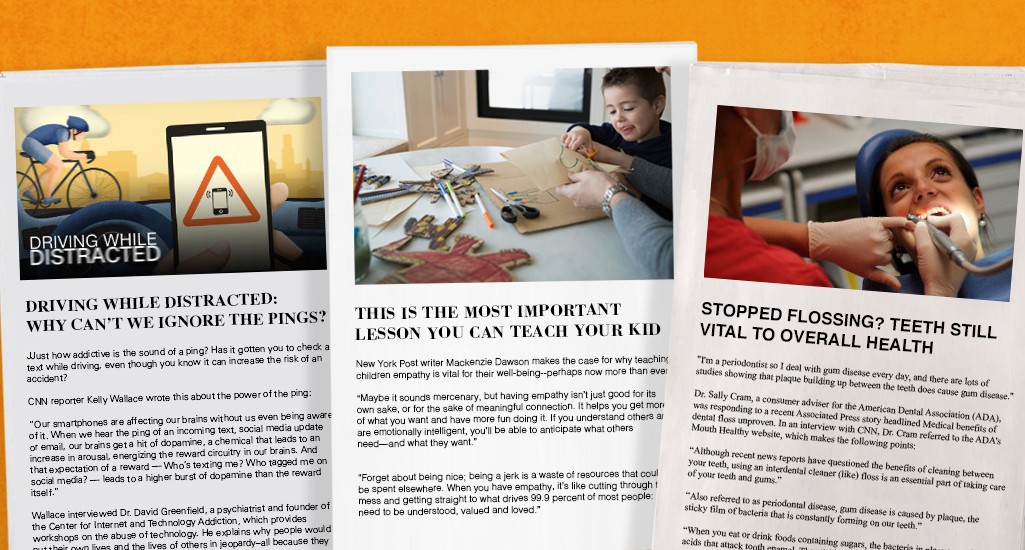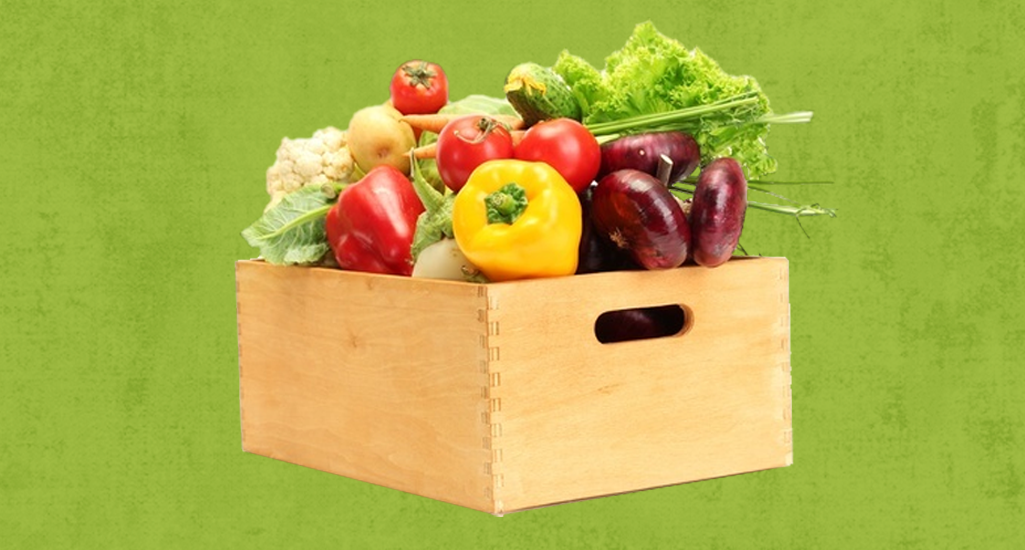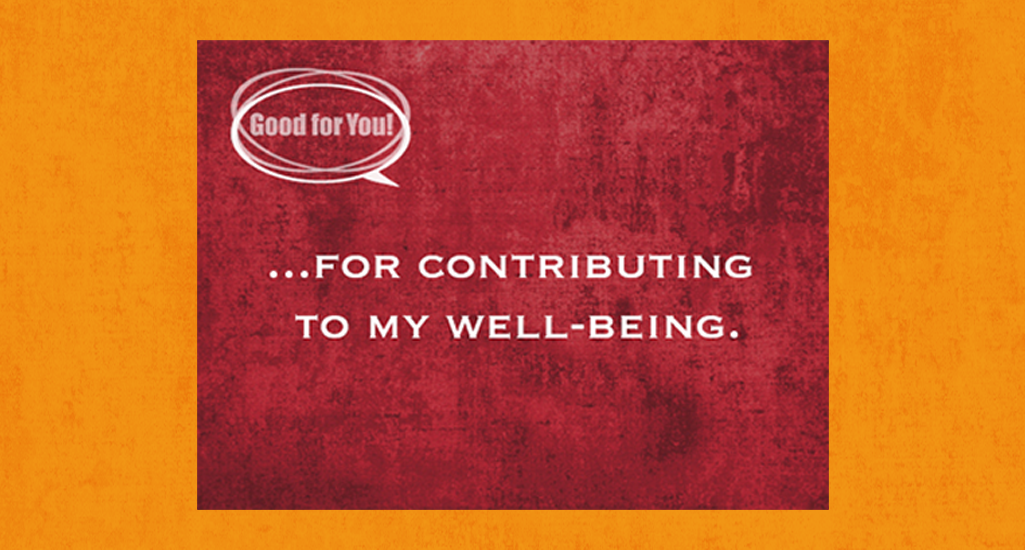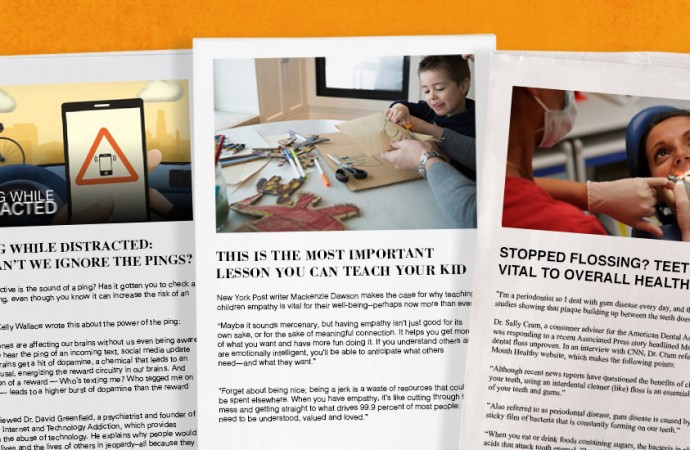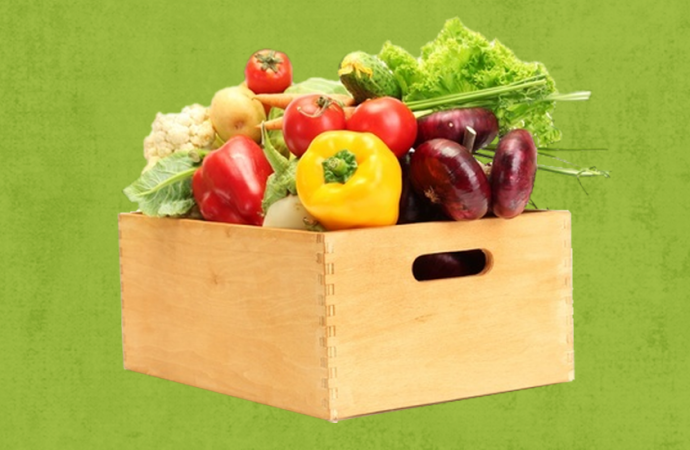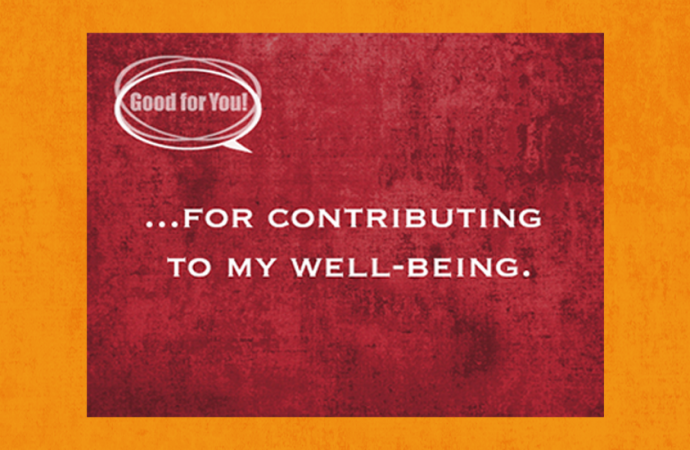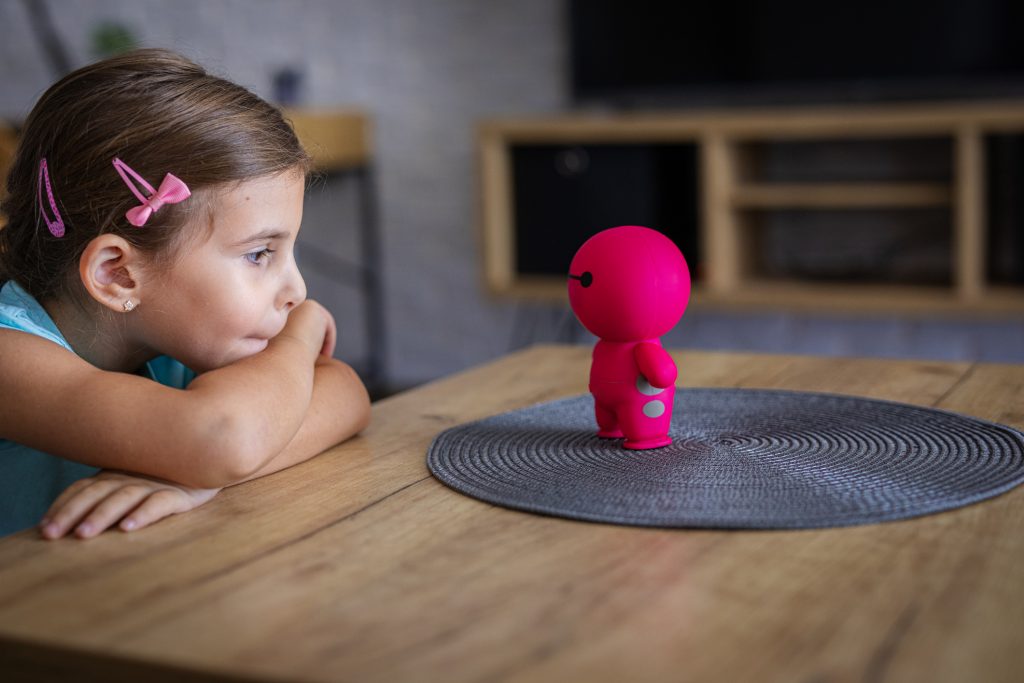Headlines & Highlights
-

Common Dry-Cleaning Chemical Tied to Liver Damage, Cancer and Other Health Issues
- Health & Healing
- December 23, 2025
From Children’s Health Defense: “A widely used grease remover and dry-cleaning chemical called tetrachloroethylene (PCE) has been linked to liver fibrosis, a condition that causes scarring and loss of liver function even in people who don’t drink alcohol or have obesity.”
-

The Hidden Danger Inside AI Toys for Kids
- Home & Family
- December 23, 2025
A Time Magazine story from Dr. Dana Suskind, professor of surgery & pediatrics, University of Chicago, that every parent should consider reading before giving their young child an AI driven toy: “Parents—and society at large—cannot afford to take a wait-and-see approach to evaluating the safety or value of these products.
-

Why Gratitude Changes the Brain–Not Just the Heart
- Lifestyle & Relationships
- December 23, 2025
From the Epoch Times: “Recent research shows that gratitude doesn’t just make people feel better; it can physically change the brain in ways that reduce stress, strengthen emotional resilience, and improve long-term mental health.”
-

The Hidden Costs of Always Being Busy
- Lifestyle & Relationships
- November 13, 2025
From The Epoch Times: “Across the United States, research shows that longer work hours and increasingly busy lifestyles are leaving people more socially isolated than ever. While workaholics may appear to be high achievers, their relentless drive often comes at a cost to their health and relationships.”
-

Kids who use social media score lower on reading and memory tests, a study shows
- Home & Family
- October 24, 2025
From NPR: “Preteens using increasing amounts of social media perform poorer in reading, vocabulary and memory tests in early adolescence compared with those who use no or little social media. That’s according to a new study that suggests a link between social media use and poorer cognition in teens.”
-

Jonathan Haidt is an icon in the parenting world. He says there's a new problem looming.
- Home & Family
- October 20, 2025
“We are at the tipping point right now, AI is going to take all the pathways of harm from social media and multiply them.” That’s what Jonathan Haidt, the best selling author of “The Anxious Generation” told USA Today.
-

Don't use cannabis during pregnancy or breastfeeding, leading OBGYN group says
- Health & Healing
- October 13, 2025
From Live Science: “People who are pregnant or lactating should not use cannabis, newly updated guidelines from the American College of Obstetricians and Gynecologists (ACOG) stress.”
-

Young People Are Falling in Love With Old Technology
- Lifestyle & Relationships
- October 9, 2025
Check out this Wall Street Journal story to find out why some young people welcome a break from smartphones and are embracing flip phones, along with digital cameras and CDs.
Consumer Alerts
-

Baby Walkers Have Caused Injuries and Deaths—So Why Are They Banned in Canada But Not in the U.S.?
- Consumer Alerts, Featured, Home & Family
- October 15, 2024
Did you know that the American Academy of Pediatrics (AAP) favors a ban on the manufacture and sale of sit-in baby walkers—maintaining they don’t help, but hurt infants learning to walk?
-

Police see flurry of Honda airbag thefts as criminals aim to resell on black market
- Consumer Alerts
- October 16, 2018
“Criminals throughout the country are stealing airbags out of relatively new Honda cars for apparent resale to questionable repair shops or unsuspecting online customers.”
-

Laundry detergent packets pose increasing risk to children
- Consumer Alerts
- April 29, 2016
Parents of young children may want to think twice before purchasing liquid laundry detergent packets or pods. U.S. poison control centers are reporting a 17% increase in the number of calls involving children, especially those around the age of 2, who are most at risk of ingesting these often colorful pods. While they may look like candy, they are toxic when swallowed.
-
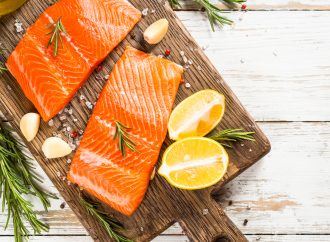
Genetically engineered salmon approved for consumption
- Consumer Alerts
- November 19, 2015
Do you want to eat genetically modified salmon? Well, like it or not, it looks like it will be coming to the marketplace. The Food & Drug Administration (FDA) has just approved it, despite the serious concerns of environmental and consumer groups.
-

IRS Data Breach: Are You Affected?
- Consumer Alerts
- June 3, 2015
Have you ever needed a copy of your tax return to apply for a college loan or a mortgage? Did you use the IRS website’s “Get Transcript” application to obtain past returns– assuming the authorization process meant only you could access your account?
-

Takata Airbag Recall: What You Should Know
- Consumer Alerts
- May 22, 2015
It’s unsettling to think that the very airbag that’s meant to keep you safe in an auto accident could be the cause of serious injuries and even death. But defective airbags manufactured by the Japanese company, Takata, have already been linked to six fatalities and at least 100 injuries worldwide.
-

Feds promote artificial turf as safe despite health concerns
- Consumer Alerts
- March 16, 2015
Do your children play outside on artificial turf? Should you be concerned that they’re being exposed to unsafe levels of lead? That question is being raised once again in a special report by USA Today.
-
Lumber Liquidators Linked to Health and Safety Violations
- Consumer Alerts
- March 12, 2015
Have you ever purchased laminate flooring from Lumber Liquidators? The American company is the largest supplier of flooring in the U.S. A recently aired 60 Minutes investigation is now questioning the safety of the company’s products that are produced in China.




